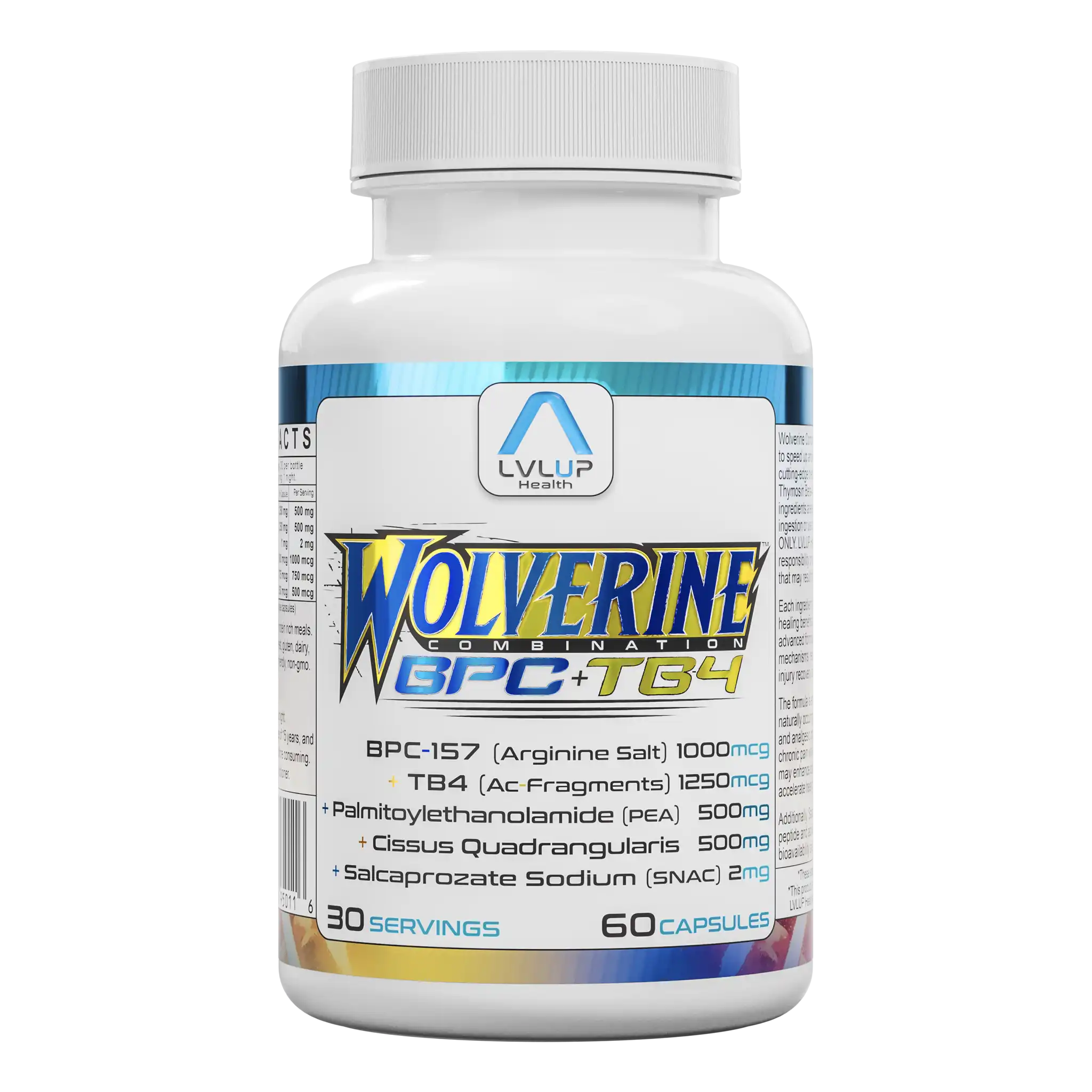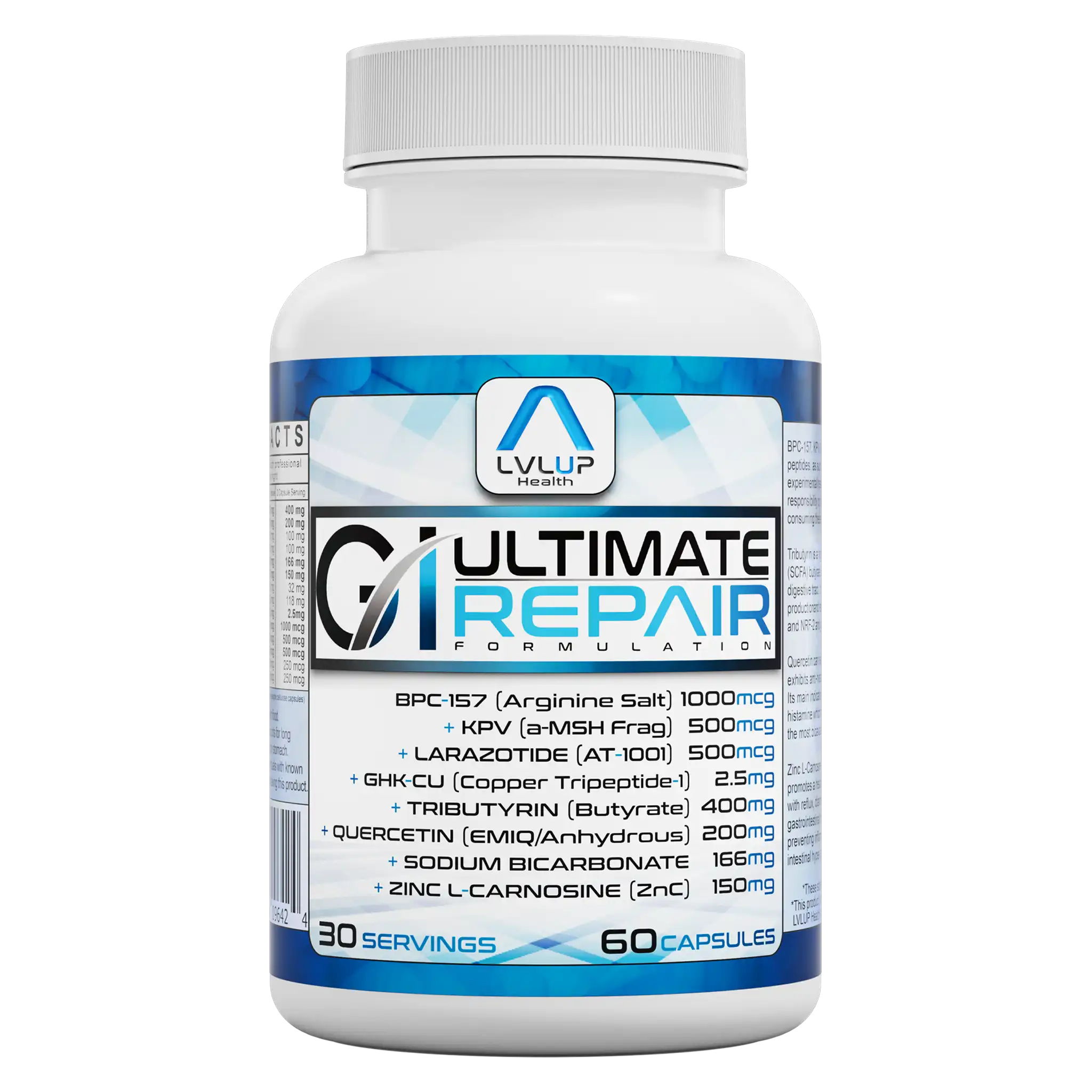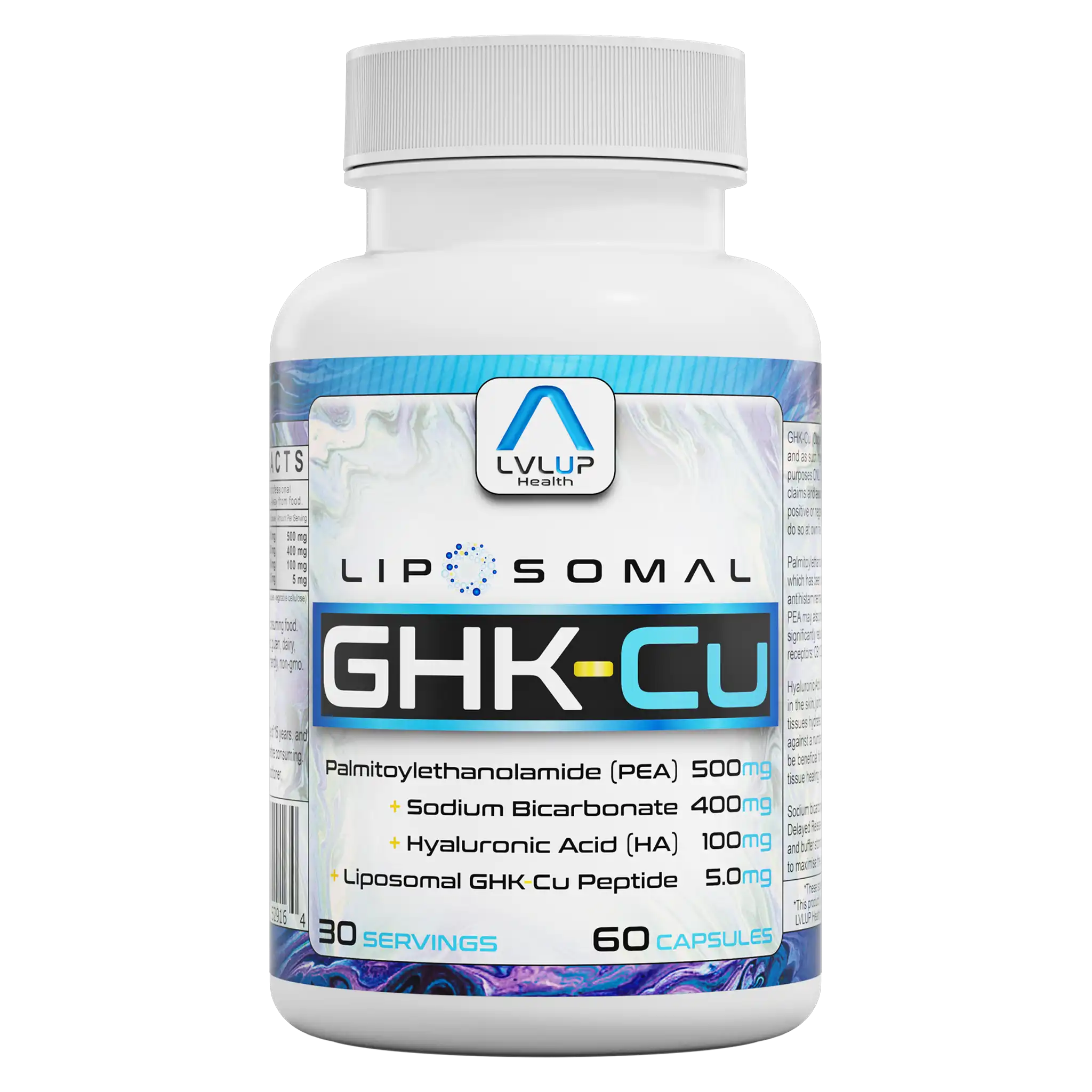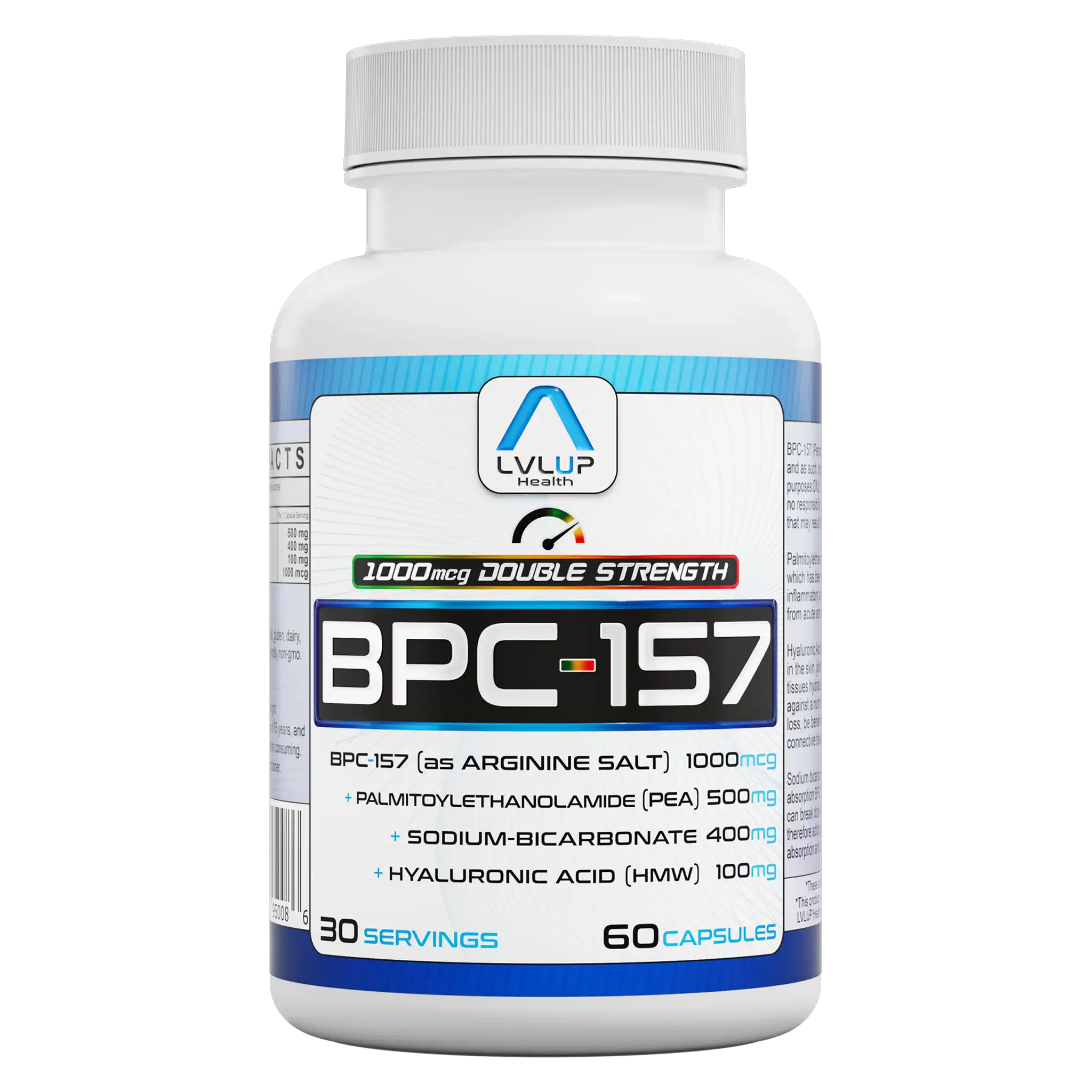Noopept
About Noopept
What is Noopept?
Noopept belongs to a class of lab-made molecules designed to help the brain work at its best. Unlike herbal or natural nootropics, Noopept is a peptide-derived compound, specifically crafted for cognitive support. People reach for it when they’re looking to improve mental stamina, process information quicker, or stay focused under stress.
How is it Used?
In supplement formulas, Noopept often shows up in blends aimed at boosting productivity or learning. You’ll sometimes see it paired with ingredients like citicoline, L-theanine, or various adaptogens that work together to help users feel alert but not jittery. Thanks to its strong effect at low doses, formulators don’t need much – micrograms to just a few milligrams can do the trick.
Who Uses Noopept?
The appeal of Noopept stretches across age groups and backgrounds. College students pushing through finals might lean on it for focus; knowledge workers and entrepreneurs sometimes add it to their stack for sharper recall and rapid information processing. Even older adults exploring ways to stay mentally agile may look to Noopept-based blends.
Why is it Popular?
A big part of Noopept’s reputation comes from two things: speed and efficiency. Many users say they notice a shift in mental clarity soon after taking it – sometimes faster than with other popular nootropics. And since you don’t need much per serving, it’s easy to fit into daily regimes without swallowing a handful of capsules.
Conclusion
In short, when you see Noopept in a formula (whether standalone or combined with other brain boosters), you’re looking at an ingredient focused squarely on cognitive sharpness and memory performance.
Detailed Information
Mechanism of Action
Noopept (N-phenylacetyl-L-prolylglycine ethyl ester) is a synthetic dipeptide structurally related to the racetam class but distinct in both mechanism and potency. Unlike classical racetams such as piracetam, Noopept does not contain a pyrrolidone ring structure; however, it shares similar neuroprotective and pro-cognitive properties.
Pharmacodynamics
Pharmacodynamically, Noopept modulates glutamatergic signaling – mainly through AMPA and NMDA receptor pathways – contributing to increased synaptic plasticity and long-term potentiation (LTP). There is evidence that Noopept stimulates expression of neurotrophic factors such as nerve growth factor (NGF) and brain-derived neurotrophic factor (BDNF), both critical for neurogenesis and dendritic spine density.
Additional Effects
Noopept also demonstrates antioxidative and anti-inflammatory effects through downregulation of reactive oxygen species (ROS) production and modulation of pro-inflammatory cytokines in neural tissue. Its ethyl ester configuration allows for rapid absorption through the gastrointestinal tract; blood-brain barrier permeability is high due to its amphiphilic molecular structure.
Metabolism and Dosing
Metabolism yields cycloprolylglycine (CPG), which may itself exhibit neuromodulatory effects relevant to cognitive enhancement. The compound’s half-life supports multiple daily dosing if desired, though efficacy has been observed at single-dose regimens with minimal accumulation risk.
Formulation Considerations
In supplement development, precise dosing between 10-30 mg per serving achieves the intended pro-cognitive effects without significant off-target activity. Formulators often pair Noopept with cholinergic precursors (such as Alpha GPC or CDP-choline) due to synergistic activity on acetylcholine transmission pathways.
Clinical Implications
The current clinical literature underscores its role in supporting executive function, working memory consolidation, and resilience against neurotoxic insults – parameters frequently implicated in age-related cognitive decline and high-demand mental tasks.




